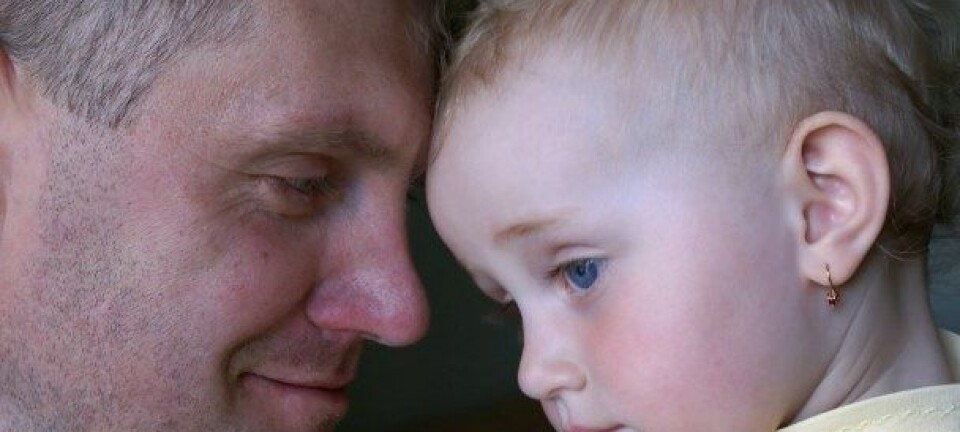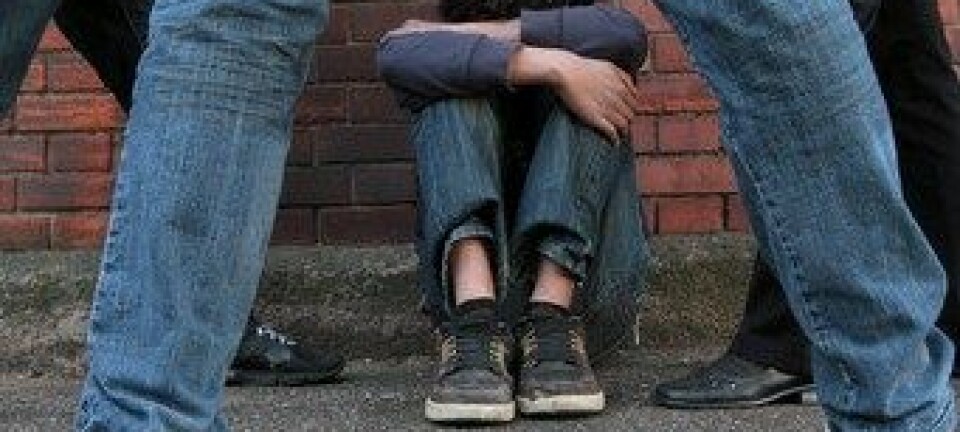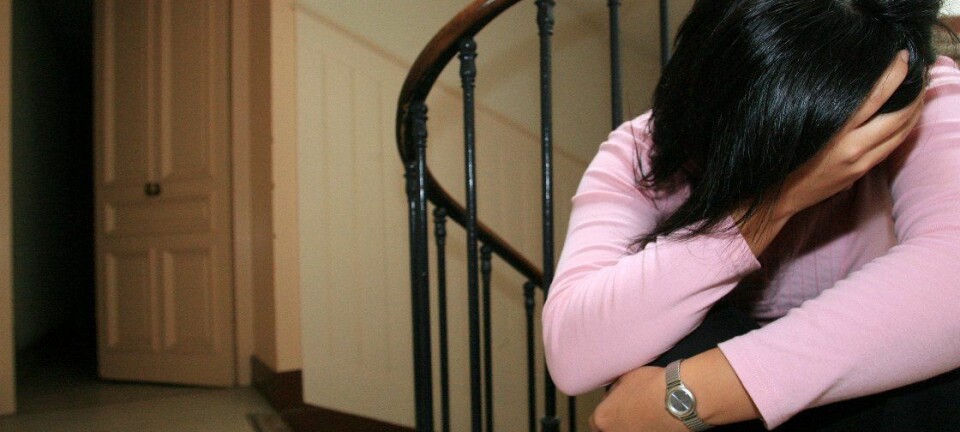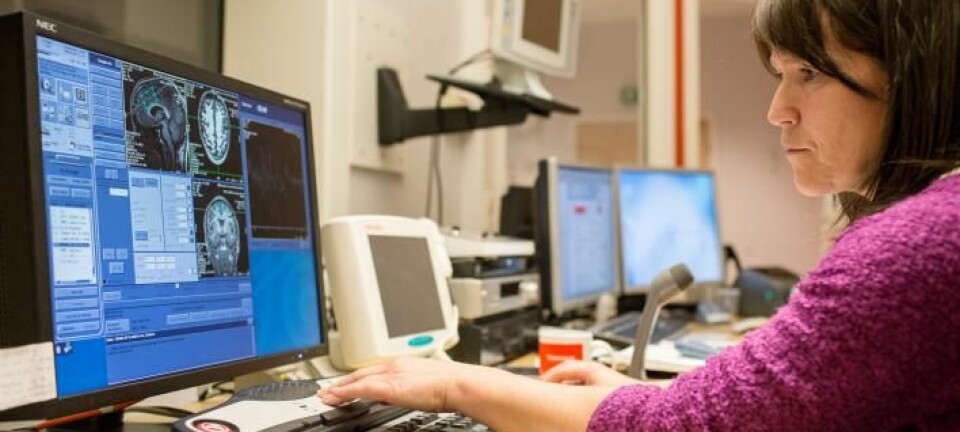An article from Norwegian Centre for Violence and Traumatic Stress Studies (NKVTS)
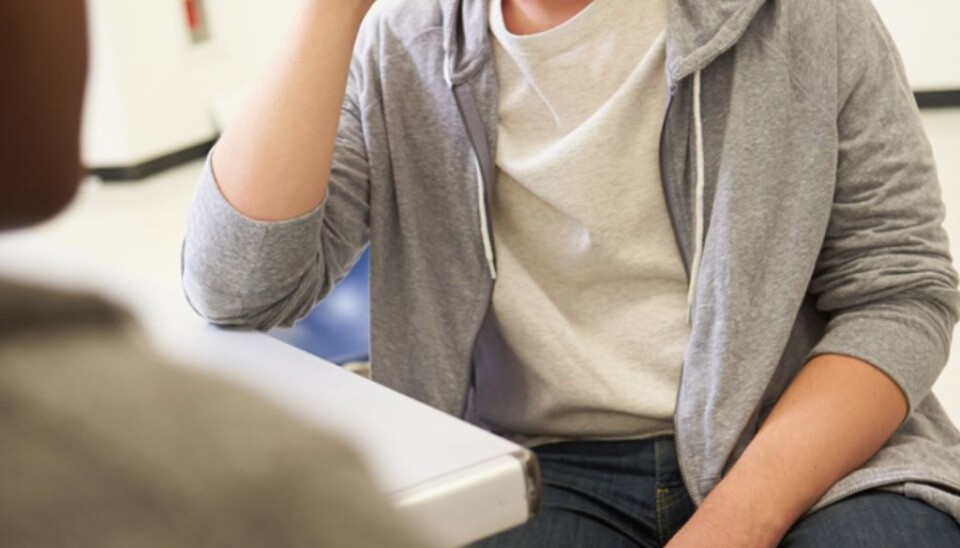
Parents benefit from their child attending therapy
In a new study, researchers demonstrate parents’ emotional response to the therapy their child receives.
Denne artikkelen er over ti år gammel og kan inneholde utdatert informasjon.
When a child experiences something traumatic, it effects the parents. But so does the following therapy.
It has been shown that parents are less distressed or depressed when their child is in therapy. And this is independent of what type of therapy the child actually receives.
Psychologist and researcher Tonje Holt at the Norwegian Center for Violence and Traumatic Stress Studies (NKVTS) explains that parents are both anxious, distressed and depressed when their child has experienced a traumatic event.
"Sadness, guilt and shame are also prominent," Holt explains.
Different treatments
135 parents were asked about emotional reactions and depressive symptoms at three different times throughout treatment; before the start of therapy, during therapy, and after the therapy had ended.
The data was collected from a large treatment study, where 156 children and adolescents between the ages of 10 and 18 were included. They had either received a trauma specific treatment method called trauma-focused cognitive behavioral therapy (TF-CBT), or were treated with the therapy usually provided at 8 child- and adolescent mental health clinics in Norway.
In TF-CBT, children together with their parents are taught how to reduce stress and process thoughts and feelings associated with the traumatic event.
Children and adolescents in the study had experienced different types of trauma, for example domestic violence and sexual abuse.
Independent of method
The researchers found that parents got better when their child started therapy, independent of what type of treatment the child received. The children, however, got better when they received trauma-focused cognitive behavioral therapy than when they received the usual treatment.
The researchers also looked into if the parents’ improvement could explain why TF-CBT had a better effect on the child’s trauma-related symptoms than the therapy as usual.
The parents’ improvement could partially explain the therapy outcome on the child’s depressive symptoms, but not the child’s post-traumatic stress symptoms.
Few indications
"That parents experience a reduction of their own symptoms. This can help their child in reducing their symptoms of depression, but there are no indications that this helps reduce their child’s post-traumatic symptoms," Holt explains.
She highlights that it is important to try to find out if there is something else that can help reducing the child’s post-traumatic stress symptoms.
Holt emphasizes, that it is also important to examine more closely, what it is that causes less emotional reactions and depression when their child receives therapy.
------------
Read the Norwegian version of this article at forskning.no








